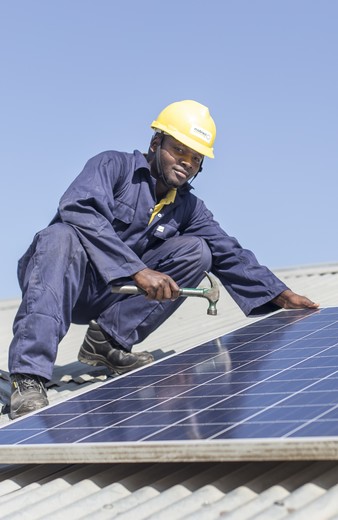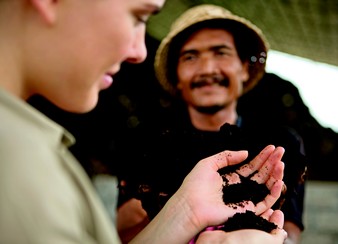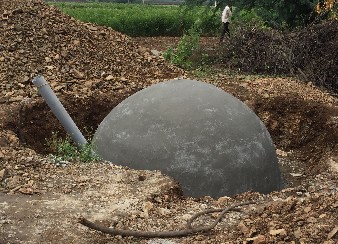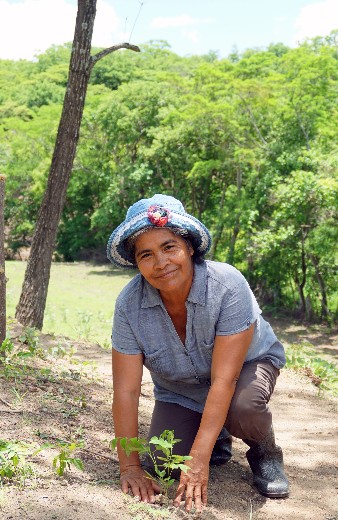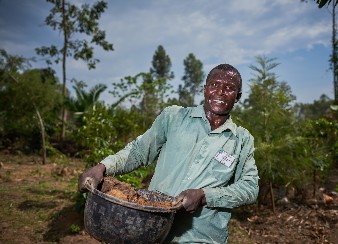Why is a climate protection contribution important?
Travelling has an incredibly positive impact on the world. They connect, educate and empower in so many ways. Nevertheless, we at CamperDays are aware that tourism can also have a critical impact on the world. Especially the emissions produced by means of transport such as planes, campers and co. have a negative impact on the environment.
That's why we offer you the opportunity to simply offset the CO2 emissions of your motorhome trip and help us protect our environment.

CO₂ calculator for your motorhome trip
Living in a neutral climate is hardly possible. In our everyday lives, we always consume energy everywhere and cause CO₂ emissions. But we can question how many resources we consume and consider how we create new ones.
If you don't just spend your holidays on your balcony at home, you will inevitably consume more energy and cause emissions when you travel. A large part of these are caused by mobility - from long flights, but also from motorhomes. The emitted CO₂ is a greenhouse gas that contributes significantly to global warming and thus to climate change. Of course, you cannot prevent these directly caused emissions with a climate protection contribution. However, by doing so, you support climate protection projects in which the same amount of CO₂ is bound again or saved. So you can start your well-deserved holiday in a climate-friendly way.
Offset carbon footprintSupport sustainable projects worldwide
The offsetting of your trip goes directly to our partner myclimate. There, the emissions are offset in myclimate carbon offset projects in developing and emerging countries. The projects meet the highest standards (Gold Standard, Plan Vivo) and contribute to the UN SDGs. Thus, myclimate projects not only reduce greenhouse gas emissions, but also contribute to social, ecological and economic development in the region.
Our tips for Green Camping
Offsetting the additional CO₂ emissions is an important step towards sustainable travel and green camping. But there are many more ways you can make your trip environmentally friendly. Here are our top tips:
- Use official pitches and campsites:Wild camping often sounds very tempting. It is cheap and you can spend the night in the most beautiful places. However, we advise against it. Parking your motorhome somewhere in the middle of nature is not only very often a punishable offence, but also a major encroachment on ecosystems worth protecting. If you simply park your motorhome in the forest or on the beach, you can permanently damage important animal and plant habitats. Instead, find a campsite or pitch that is close to nature and enjoy nature without disturbing it.
- Drive fuel-efficiently:Saving fuel on your motorhome trip is not only good for your holiday budget, but also for the environment. Therefore, only pack your motorhome as full as necessary. The heavier the vehicle, the more fuel you will consume. Also, drive with as much foresight as possible and choose an optimal cruising speed. If you avoid overtaking manoeuvres and drive at an average speed of 80 to 90 km/h, you will automatically save fuel.
- Choose an environmentally friendly motorhome:Small and modern motorhomes are usually more economical than older and larger models. This way, you can already take a first step towards sustainable travel when choosing your desired motorhome. By the way, at CamperDays we only work with renowned rental companies, most of which have a very modern fleet.


